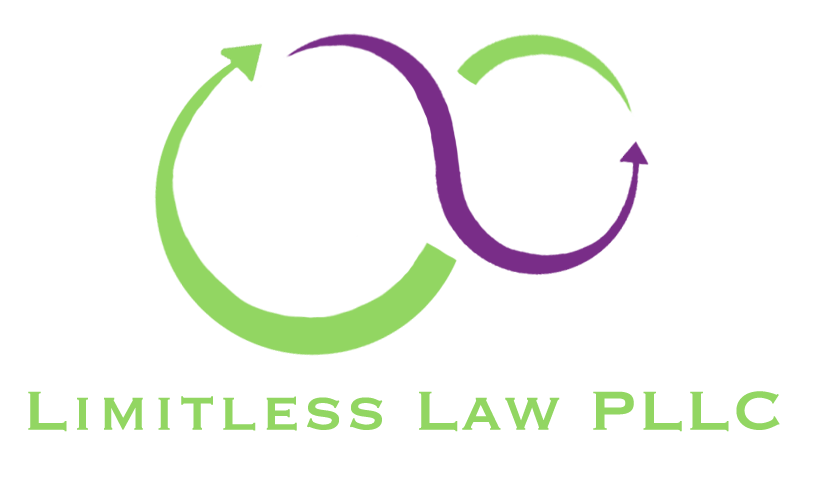Understanding Washington State’s New Pay Transparency Law: What Employers Need to Know

On January 1, 2023, Washington State’s updated Pay Transparency Law officially went into effect, marking a significant shift in how employers must approach job postings and compensation disclosures. The change comes as part of an ongoing national trend toward greater salary transparency, aiming to close wage gaps and empower workers with more information upfront.
Here’s what you need to know:
Overview of the Law
The updated law, under RCW 49.58.110, requires Washington employers with 15 or more employees to include detailed compensation information in job postings. Specifically, job listings must now disclose:
- The salary range or a good faith minimum and maximum hourly or annual salary for the position.
- A general description of all benefits and other compensation offered (such as bonuses, commissions, stock options, health insurance, retirement benefits, etc.).
Previously, employers were only required to provide this information upon request after an interview. The 2023 amendment shifts transparency much earlier in the hiring process — right at the posting stage.
Who Is Covered?
This requirement applies to:
- All employers with at least 15 employees (anywhere, not just within Washington).
- Any job posting that could reasonably be performed in Washington, including remote jobs where a Washington resident might apply.
As a result even out-of-state employers recruiting for remote roles could fall under Washington’s jurisdiction if they target or accept Washington candidates.
Key Terms: “Posting” and “Good Faith Range”
- Posting is broadly defined and includes any solicitation for applicants via electronic or printed means.
- Good faith salary range means a range the employer honestly believes they are willing to pay at the time of posting.
Importantly, a range such as “$50,000 and up” without an upper limit would not satisfy the law — a true upper and lower range must be stated.
Why It Matters
The goal of this legislation is to:
- Promote equity by reducing hidden wage disparities.
- Allow candidates to make more informed decisions about whether to apply.
- Help employers attract candidates who understand the compensation parameters.
Failing to comply can result in complaints filed with the Washington State Department of Labor & Industries (L&I), investigations, and potential penalties, including damages and fines.
What Employers Should Do Now
Employers operating in or hiring from Washington should:
- Review and update all job postings to ensure compliance.
- Train HR teams and recruiters on the new requirements.
- Audit pay practices to ensure that stated salary ranges are accurate and align with internal compensation policies.
- Consider broader transparency practices to stay competitive and build trust with prospective hires.
Washington’s move is part of a growing nationwide movement toward salary transparency, with other jurisdictions like New York City, California, and Colorado enacting similar laws. As pay equity becomes a bigger focus in employment law, proactive compliance isn’t just a legal requirement — it’s becoming a critical element of a strong employer brand.
If you are an employer with questions about your rights and obligations under Washington State law, Limitless Law PLLC is here to provide support and guidance. Don’t hesitate to contact us to schedule a strategy session to learn more and empower yourself to manage your business and your team with confidence. Call 360-685-0145 or click here to get in touch with us!
This blog post is for informational purposes only and does not constitute legal advice. If you have questions about your own legal rights and options, please contact the knowledgeable team at Limitless Law PLLC to schedule a strategy session with our attorney. Call 360-685-0145 or click here to learn more.






